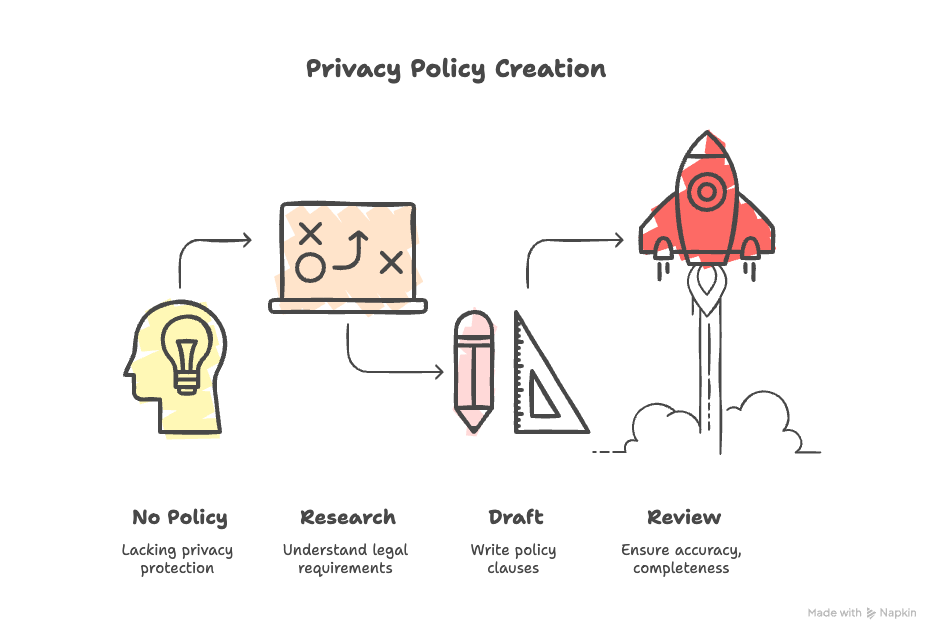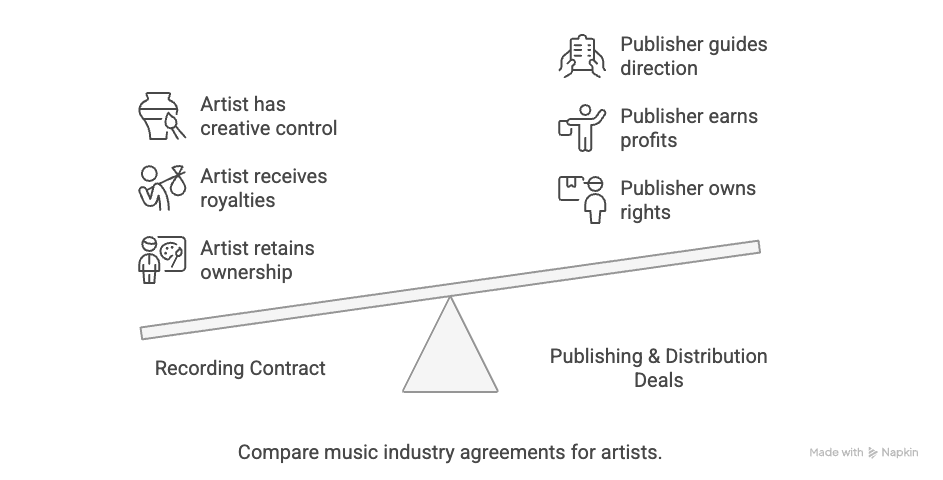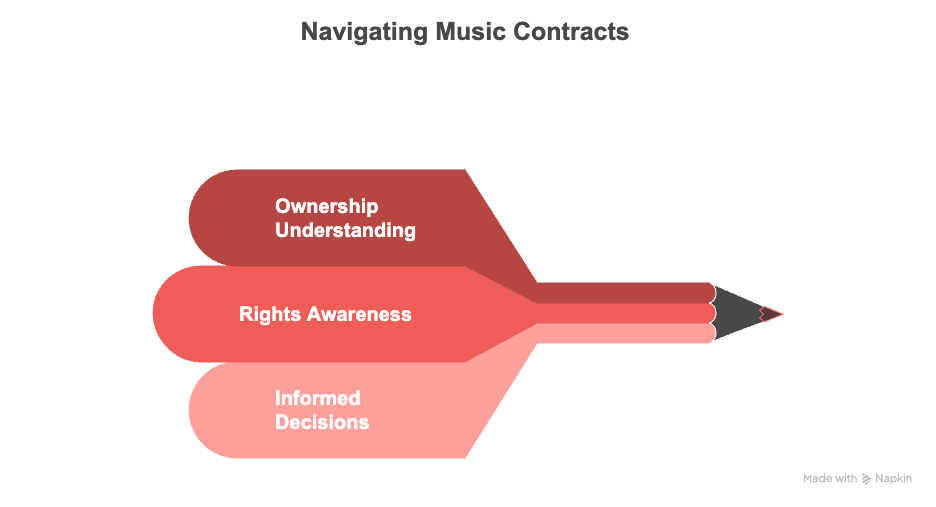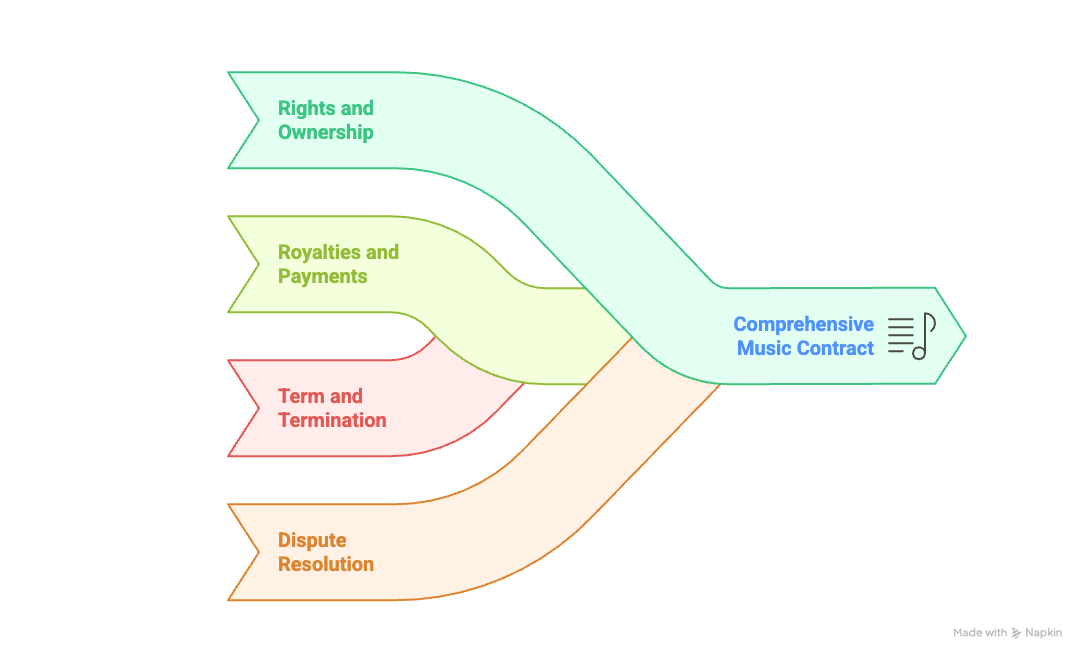
Should You Write Your Own Privacy Policy Or Use A Generator?
Last Updated on May 10, 2025
Creating a Privacy Policy is legally required for most Canadian websites - but should you write one from scratch, use a free template, or rely on an online generator?
This guide compares the pros and cons of writing your own privacy policy versus using a free or paid generator. You’ll learn which option fits your business, how to stay compliant with Canadian laws (PIPEDA, Law 25), and how to avoid common pitfalls.
Option 1: Writing It Yourself
Pros:
- Fully tailored to your operations
- Free to write
- Helps you understand your data practices deeply
Cons:
- High risk of missing legal clauses
- Difficult to ensure compliance with PIPEDA or Law 25
- Time-consuming without legal background
Best For:
- Small sites with very limited data collection
- Site owners with legal expertise
Option 2: Using a Free Privacy Policy Generator
Pros:
- Quick to implement
- Offers basic compliance structure
- Good for startups or test projects
Cons:
- Often based on U.S. law, not PIPEDA
- Limited customization
- May lack clauses for cookies, analytics, or Quebec compliance
Best For:
- MVPs or landing pages
- Projects without payments or analytics
Option 3: Paid Privacy Policy Generator (Localized for Canada)
Pros:
- Localized templates with Canadian compliance
- Dynamic updates and legal backups
- Offers jurisdiction-specific clauses (PIPEDA, Law 25)
Cons:
- Costs money (one-time or subscription)
- Still requires some customization
Best For:
- Growing businesses or SaaS platforms
- eCommerce sites, subscription services
What’s the Best Option?
If you’re operating in Canada, your privacy policy needs to comply with:
- PIPEDA
- Law 25 (if in Quebec)
- Platform terms (Google, Meta, Shopify, etc.)
The best balance of speed, accuracy, and cost is often:
- Start with a free, Canadian-compliant template
- Customize it fully to your practices
- Update it regularly and link clearly on your site
Final Thought
A privacy policy isn’t a one-size-fits-all document. Whether you write it yourself, use a generator, or start with a trusted Canadian template, what matters most is accuracy and compliance.
Need a reliable, editable Canadian Privacy Policy? Download it free today.
Download the Free Website Privacy Policy Template
Ready to apply what you've learned? Get instant access to the Website Privacy Policy PDF - free, editable, and built for Canadian businesses. No sign-up required.
Frequently Asked Questions
Answers to common questions about Should You Write Your Own Privacy Policy Or Use A Generator?.
Is a free privacy policy generator enough for compliance in Canada?
Not usually. Many free tools are U.S.-focused and don’t meet Canadian or Quebec-specific requirements.
What’s the biggest risk of using a generic template?
Missing user rights clauses, jurisdiction details, or cookie consent notices - which are required under PIPEDA or Law 25.
Should I hire a lawyer for my privacy policy?
Recommended if you handle sensitive data, operate internationally, or run a high-risk platform.
Can I edit a free template and stay compliant?
Yes - as long as you understand the laws and align the clauses with your specific data practices.
How do I know if my policy meets legal requirements?
Check for disclosures on data collection, use, sharing, consent, security, jurisdiction, and user rights.
Is it legal to copy a privacy policy from another site?
Not advised. Privacy policies are often protected under copyright and may not align with your data practices or legal obligations.
Does Quebec's Law 25 require different privacy policy language?
Yes - Law 25 introduces stricter consent and data governance standards. A Quebec-compliant policy needs to reflect those.
Can a privacy policy generator help with GDPR and PIPEDA at the same time?
Some paid tools offer multi-jurisdictional coverage, but always check if Canadian clauses are truly localized.
What clauses are mandatory in a Canadian privacy policy?
At minimum: purpose of data collection, how data is used and shared, user rights, security measures, jurisdiction, and contact info.
Is it worth paying for a policy if my site is small?
Yes - especially if you collect personal data, run ads, or use cookies. A non-compliant policy can hurt trust and trigger audits.
Explore More in Creative Digital Contracts
Discover curated templates in Creative Digital Contracts to help your business stay compliant and efficient.


